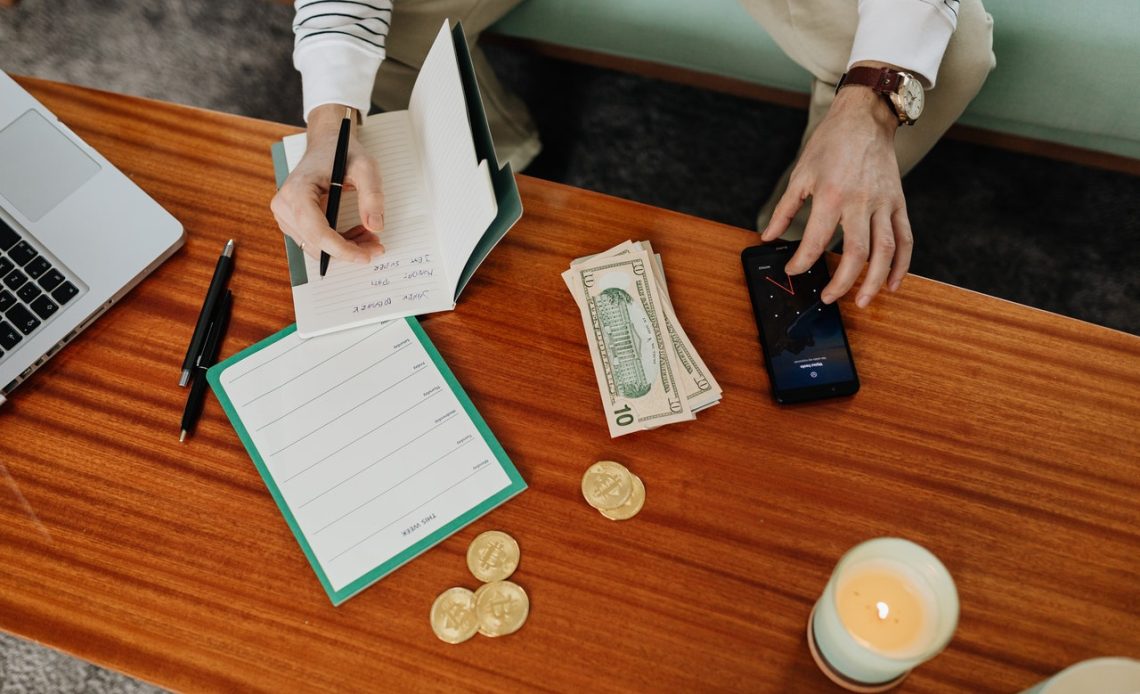You never know when an emergency is going to hit; a major illness, surgery, a major accident, or even not being able to work for some time. All of these things can really hurt you and your family; not only emotionally, but also financially. For such reasons, you have to know how to set up an emergency fund. It is something that all SG residents should have set aside, and plan for as early as possible. Whether you rely on a moneylender such as Money Lender in Singapore for short-term needs or turn to other avenues, the more you plan, and the more you can set aside, the easier it is going to be for you to make it through a very challenging period. So, consider a few of these ways in which you can go about saving, and start to plan to ensure you have enough when an emergency does occur.
Know your budget
You have to know how much you spend each month. Food, the bills, rent, essentials, luxuries, etc. You have to plan for these, as well as other expenses when you set aside an emergency fund. Not only do you want to have enough for at least 6-months (in the event you lose a job, or can’t work for long periods of time), you want to know you can afford your essentials to take care of the family for that time. So, if your monthly expenses total $4K, you need to have at least $24 K set aside. You will know you can survive, your family is taken care of, and this will allow you to look for work, or recover, during the time you aren’t working, without having to worry about finances.
Knowing what you spend, and properly allocating a budget for your family’s needs, is the first step in being able to set aside what you are going to need, and also to ensure your family is well taken care of in the event the emergency situation ever does occur.
Save it
Make sure you choose the right savings account (Learn what is a Singapore Fixed Deposit Rate). You can choose from many. When deciding on one, you want security, but you also want to go with an account which is going to yield some interest on the funds that you put aside. You will not only have enough that you need for the six-month period, but this is also going to help you set aside a bit more, in the event the emergency period does last longer than you have expected. You want something safe, with a reputable bank or financial establishment as well. You don’t want to go with an account. Make sure you take your time to compare banks, compare the options they do offer for you to save, and make sure you know that the money you do set aside with them, is going to be secure in that fund, for as long as it can be.
Optimize cash
Use it as much as possible. Doing this will help you in planning, it will help you in learning how to save, and it is an easy way to avoid taking out of your emergency funds when you do not have to. If you have cash in hand, and it can be used, as opposed to going through a lender, or taking out another loan, then, by all means, this is the option you should take as a resident. You want to know you have what you need, and that you can take care of the essentials that your family requires. If nothing else, you at least will have the funds you are going to need to pay the rent, to pay your bills, and to take care of food and other essentials that the family requires, when you are not working for any period of time.
Allocate more
If it is at all possible, try to save for more time than less. Sure, six months is a great target, but if you set aside an emergency fund for one year, this is even more beneficial for you and the family. You never want to have to worry about emergencies and you never want them to happen; but, just like accidents, you often can’t avoid it when they do occur. Therefore, if it is possible, you want to do as much planning and as much saving as you can. It will prepare you for the troubling times, it will allow you to get through without having to worry if your family is well taken care of, and it is easy for you to relax and take care of things, when you are recovering, or if you are looking for new work. No matter how long it is that you can set funds aside for, err on saving more, rather than less, as it is going to put your mind at ease if you do run into an emergency that simply can’t be avoided.
You know there are some things which are not in your control; but, the ability to save is one of the things you can do. Even if you do not earn much, or you do not work as many hours as you would like, there is always room to cut back a bit on the luxury or non-essentials, and for you to set aside a bit more money for the emergency situations that might pop up in the future. Since you never know when they will occur, it is best to plan early and to begin to save as soon as you can do so. This guarantees that if something does go wrong, you are at least going to have the cash required to take care of essentials and to take care of the family.
Emergencies do occur, and there is no way you can prevent them, regardless of how much you plan. So, consider these tips in planning for saving, and in making sure you have enough money, in the event that emergency ever does come to fruition, and you require those emergency funds.

